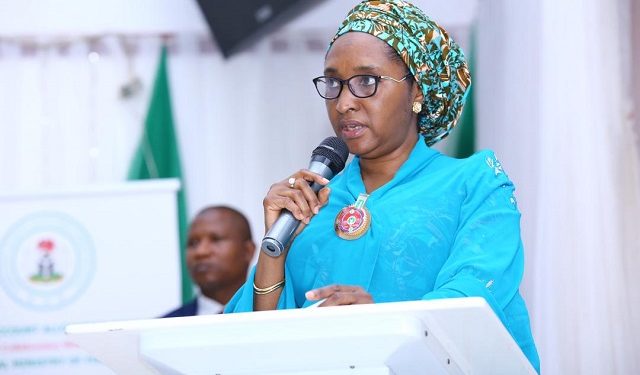The inability of the Federal Government to generate enough revenue to finance its operations had resulted in a N2.18tn financing gap of the 2018 budget.
The 2018 budget, signed by President Muhammadu Buhari on June 20 last year, had total spending of N9.1tn.
The capital expenditure was to gulp 31.5 per cent of the total expenditure at N2.87tn, while recurrent non-debt spending was put at N3.51tn in 2018.
There was also a provision of N2.01tn for debt servicing which is 21 per cent of the total budget while a provision of N177bn to retire maturing bond to local contractors was made by the government.
The Ministry of Power, Works and Housing had the highest allocation with N715bn for both recurrent and capital expenditure, while Ministries of Interior and Defence were allocated N577bn and N576bn respectively.
The Ministry of Education was allocated N542bn; Health, N356bn; Transportation, N267bn; and Agriculture, N203bn.
Investigations by our correspondent revealed that out of N9.12tn total expenditure approved for the 2018 budget, the sum of N6.94tn was released by the Ministry of Finance to Ministries, Departments and Agencies of government.
This, according to findings, represents about 79 per cent of the budget performance.
It was gathered that debt service and the implementation of non-debt recurrent expenditure such as payment of workers’ salaries and pensions recorded the highest rate of funding, while capital releases commenced after the signing of the budget on June 20, 2018.
For the capital components of the budget, it was learnt that the Ministry of Power, Works and Housing got the highest amount of N347.52bn.
This is about 42.95 per cent of the N809.05bn which was allocated to the ministry in the 2018 budget.
This is followed by defence and security, which got N205.89bn. The amount received by the sector is about 66.85 per cent of its N308bn allocation in 2018.
Also, the sum of N152.5bn was released to the agriculture and water resources sector. The amount is about 51.45 per cent of its N296.39bn allocation
In the same vein, out of the N251.42bn allocated to the transport sector in the 2018 budget, about N127.68bn, which is 50.79 per cent of the sector’s budget, had been released.
For the health and education sector, the sum of N115.43bn had been released out of the N189.39bn allocated to the sector in the 2018 budget.
Further findings showed that N456.5bn, which is 86.07 per cent of the N530.42bn allocated for statutory transfers, had been released by the government.
For capital supplementation, the sum of N254.27bn had been released by the government.
This is about 33.54 per cent of the N758.12bn allocated for the expenditure sub-head in the 2018 budget.
It was gathered that the Federal Government could not achieve its 2018 revenue target as some one-off items listed for implementation in the fiscal year could not be actualised.
Some of the one-off items are the N710bn from Oil Joint Venture Asset Restructuring and N320bn from the revision of the Oil Production Sharing Contract Legislation.
These one-off financing items, according to findings, have already been rolled over to 2019 budget.










